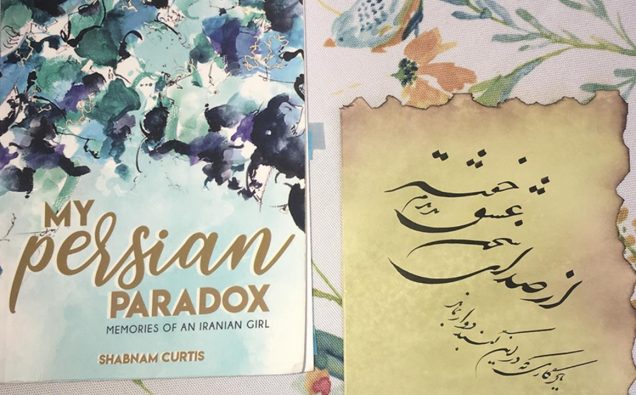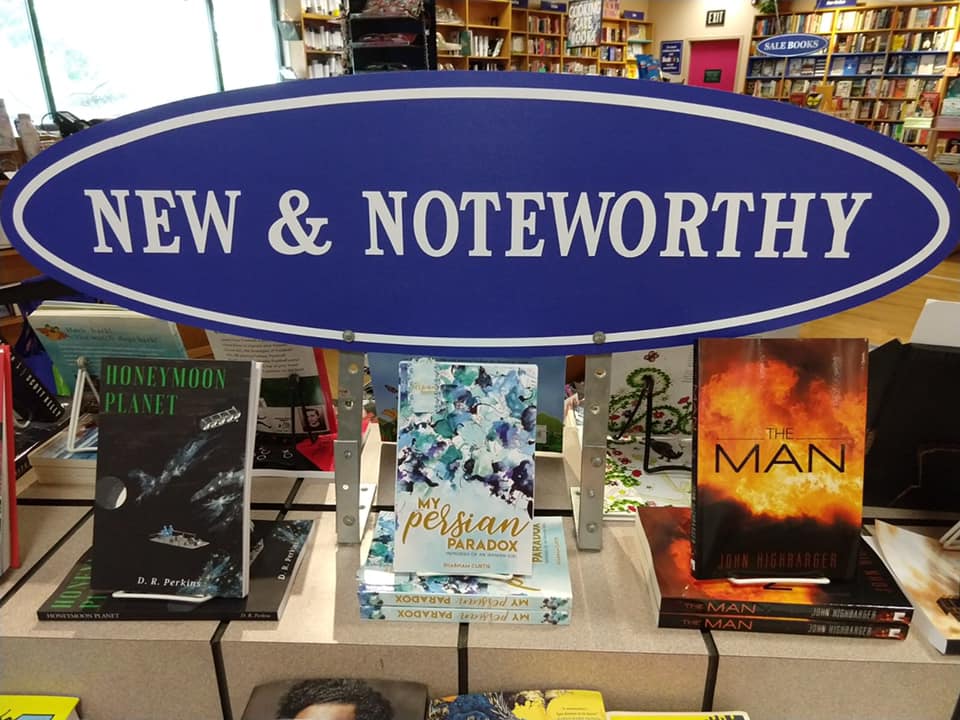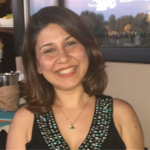
The pain we carry from the past and don’t have time to think about will eventually come out and hit us. All this time, it has been sitting there waiting for an opportunity to talk and express itself. Sometimes we let it out and other times the waiting time takes too long and the pain comes out and surprises us.
In 2011, at age 39, seven years after immigrating to the United States, after years of riding an emotional roller-coaster, I had finally settled down, with my 16-year-old daughter, a wonderful partner, and a well-paying job. The future looked bright too, but I was lost. I still felt unfulfilled. I had everything I had wished for and yet felt a deep personal dissatisfaction. I felt confused and ungrateful.
Though I didn’t like the past, I constantly went back to it. The more I tried to escape from it, the more it came back to me. The desire to go back and read my journals from the time I lived in Tehran was irresistible. I dug down through memories, major milestones, and important people in my life. So many bittersweet memories surfaced.
Mastering English had been my focus since 2004, but in 2011 I craved the sound and sight of Farsi; I wanted to read books in my own language again, my favorite old books I grew up with.
The Little Black Fish, by my beloved Samad Behrangi, reminded me life is not limited and offers many opportunities for new adventures. I remembered the horror I felt watching my father take his books to burn to avoid arrest by the Islamic regime. He left only a few, including this one.
The Unbearable Lightness of Being by Milan Kundera made me realize dictatorships like the regime in Iran could repress but not kill people’s desires to live. As I reread it in Farsi, I listened to the audio book in English and noticed that censorship in the Farsi version that changed the story considerably.
I found interest in Persian poetry again, and it reminded me of the power of writing. Something began to blossom in me. Reading my favorite poem, “Life is Beautiful,” by Siavash Kasrayee made me emotional. When I mentioned it to my father over the phone, he started reciting it. I wiped my tears as he said,
“Yea, Yea, Life is beautiful
Life is an everlasting fire-temple
If you lighten it, you’ll see the flames dancing in every direction
And if not, it will be quiet, and that will be our fault…”
Year after year passed. My confusion like a loyal friend didn’t leave me. Through those years, sharing my concerns and my past stories with people around me and receiving their care and empathy as well as learning about their concerns and feeling empathy for them, I learned how fulfilling it could be for a human to build trustworthy connections with others.
My learning and searching taught me that a male-dominant culture, especially one empowered by dictatorship, is a social hierarchical structure that causes power struggle. This power struggle shows itself in different ways in people’s lives, but one common and devastating thing it does is erode emotional intimacy from personal relationships, and trust and empathy in all human relationships. Failing to fulfill these very fundamental needs–emotional intimacy, empathy, and trust–results in dissatisfaction, resentment, and a void in the heart. It forms an invisible confusion.
People still try. They still build life around the limitations, with what possibilities are available, but no matter what they do, they remain unfulfilled.
My confusion didn’t subside until one day I came across this quotation; Sun Tzu, “In the midst of chaos, there is also opportunity.”
I decided to accept and welcome the confusion and be patient with it and find the opportunities.
Voila!
Accepting the confusion with compassion allowed me to slowly discover my need to overcome my resentment and hate for my bitter past. Resentment created by the male-dominant, rigid culture that made me feel scared, ashamed, and trapped all the time.
A big personal change began to reveal itself as a result of the deep confusion; I just didn’t know what.
The more I dug the more I comprehended. A person, a culture, a life: nothing is perfect. A human gains inner peace once he or she accepts his or her imperfection and dark side without hatred or feeling shame. I am no exception. I would gain my inner peace once I accepted the imperfection in myself, my life, and my culture. That’s when I would recognize those cultural aspects that I still wholeheartedly loved and those aspects that I resented. There would be next steps to shed light on the dark parts for healing the pain in my heart. That realization gave me hope, but I didn’t know how to move forward.
Then I wondered, if sharing the story of my Persian paradox with people around me was helping us understand the past better, sharing it with more people could certainly bring more understanding and connection between me and others. That is what stories are about, right? To understand the natural growth of life and to create empathy and trust, we need to learn about each other’s differences through our common feelings. I saw a new light coming through my heart. I didn’t need to keep silent and repress all the secrets in my heart anymore. I was ready to share my story with others!
I have done it. It’s your turn now. Let’s share our stories.
NOTE by the author: This essay contains excerpts from my memoir My Persian Paradox: Memories of an Iranian Girl











